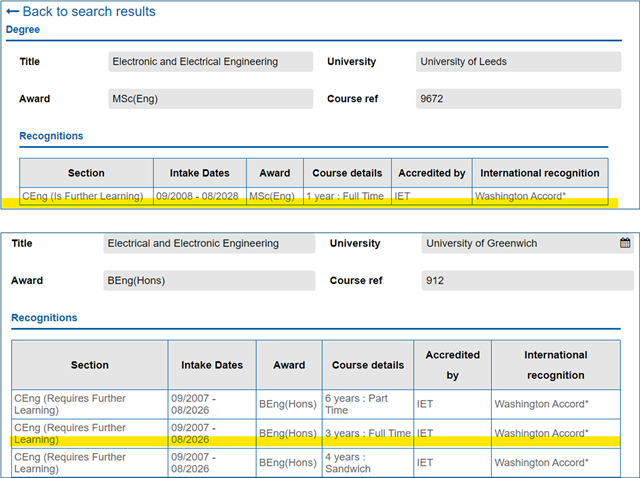At the IET we often hear from those applying for Professional Registration that they've been meaning to apply for years, but haven't quite got around to it for a variety of reasons.
If you've been meaning to apply but haven't yet, tell us what's holding you back.
